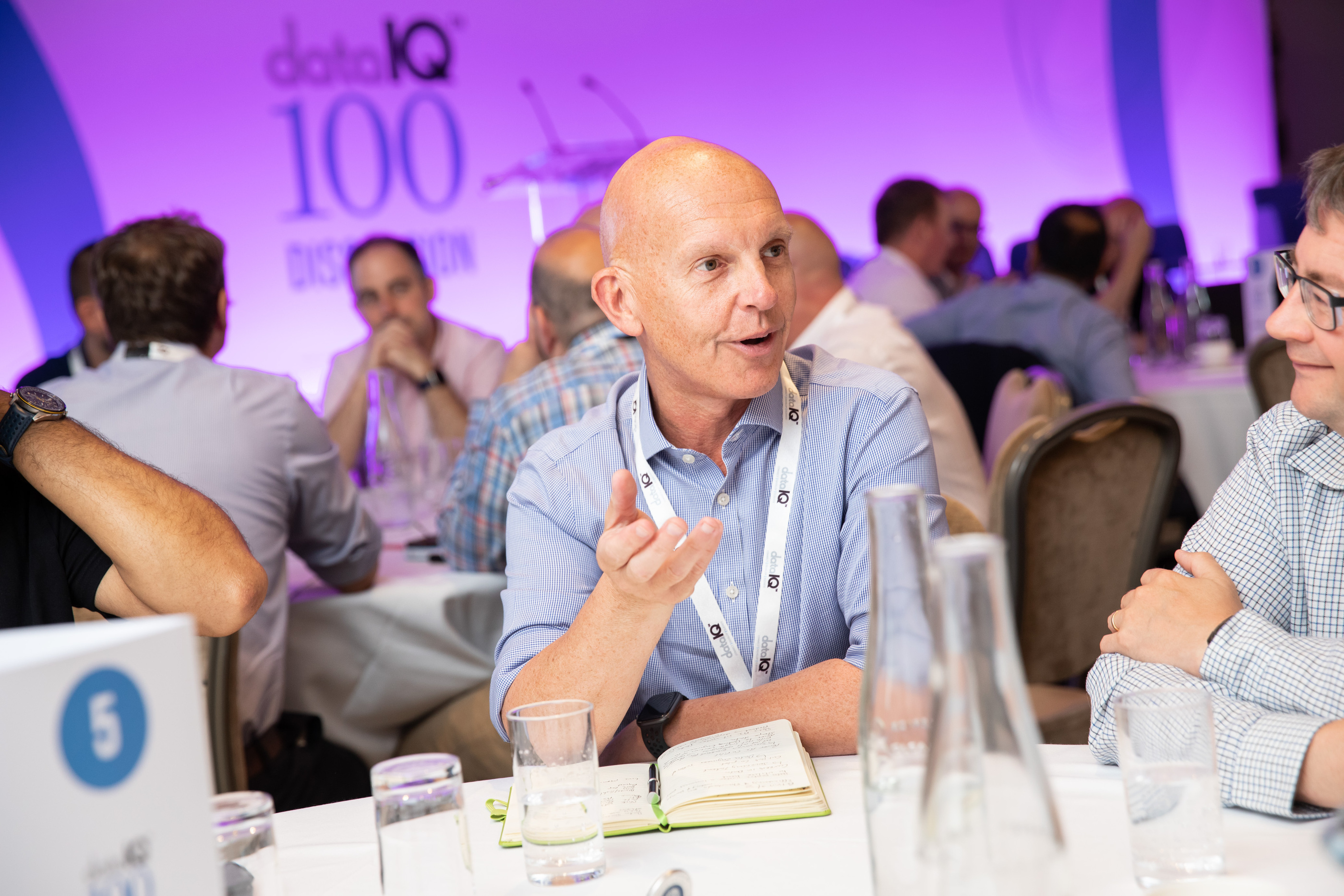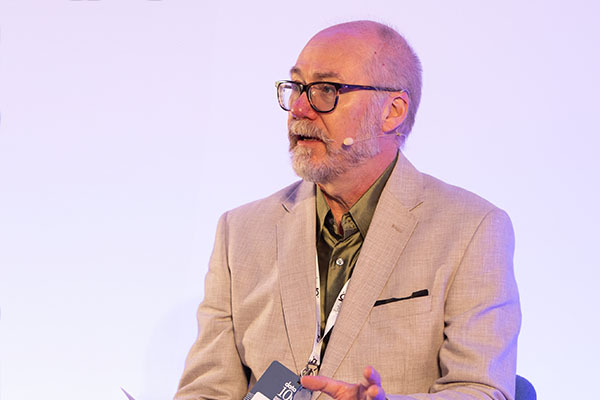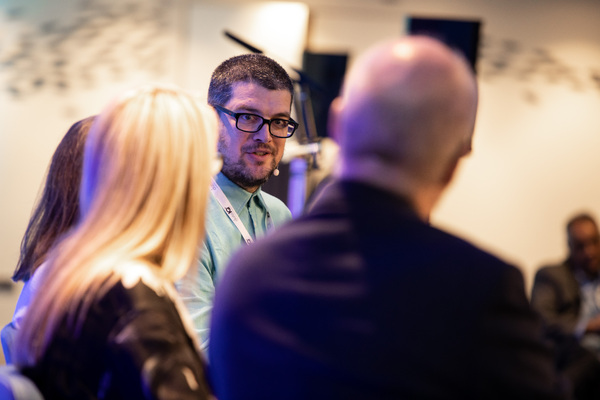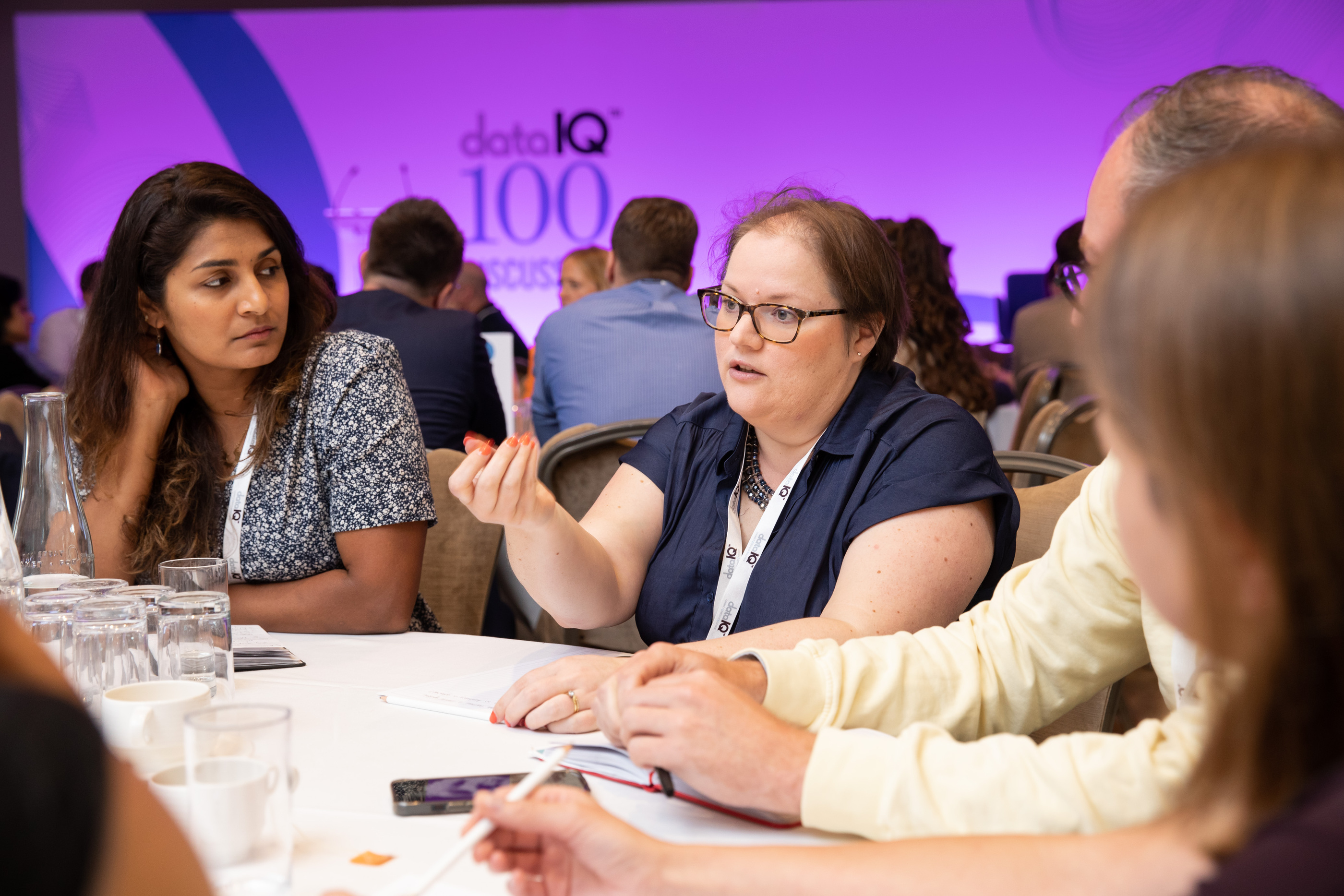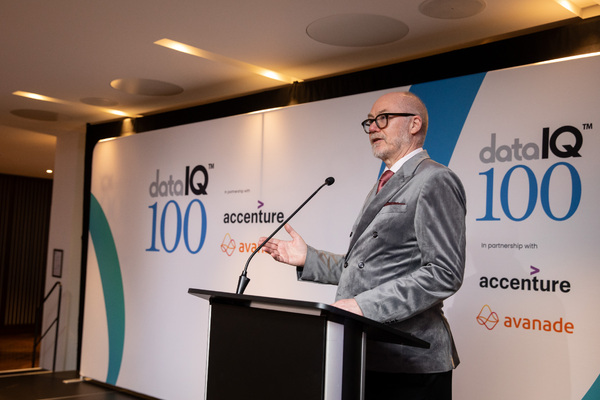Christopher Wylie - Don’t ask, do tell
Edward Snowden. Chelsea Manning. Christopher Wylie. Thanks to these three whistleblowers we know a lot about how the secret state is able to snoop on anybody it chooses, how the US military really behaves in combat zones, and the way in which personal data has been misused to influence elections.
All three provided these insights by abstracting vast quantities of documents from their former employers. In the case of Snowden and Manning, these were the American military or its outsourced partners which is why the former ended up in exile in Russia and the latter served seven years in jail before having her sentence commuted by then-President Obama.
The outcome for Wylie has been somewhat different - a smart (and surprising) new job as research director for H&M and a season on the speaking circuit, most recently at DataFest’s Data Summit in Edinburgh, which is where I got the chance to hear him tell his story. There are many striking things about what he had to say - and also about what he chose not to mention.
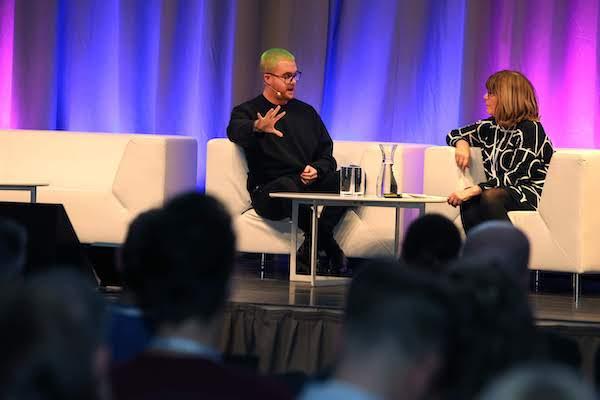
Wylie explained how personal data was used to target political advertising on Facebook. “The idea is to bring people into a space where you can completely dominate their informational environment,” he told the conference. Clicking through from these ads took users to group pages or external web sites that appeared to be run by people who shared their views, typically about things which were not being expressed in the mainstream media.
As Wylie described it, these people “were more often vulnerable than not” and therefore open to influence and the content they were being exposed to was created by psychologists or even bots. The critical next step during the EU referendum and the last US presidential election was to stage local events, for example in coffee shops, where “their digital fantasy becomes their reality because everybody looks like me and thinks like me.”
One of the key revelations he provided was that these techniques were first developed for counter-insurgency, anti-drug trafficking and criminal network infiltration. Wylie was himself a player in that world since the company he joined, SQL, was originally one of those contractors to the US military.
Clearly, he was happy to apply these fake news and psychological profiling techniques when the justification was national security (although there are plenty of people who would argue that the CIA is just as culpable of influencing democratic elections in other states in exactly the way we now know the backers and funders of Trump, Leave.EU and the rest have done).
"You can’t just go to HR and file a complaint that this is in breach of the law."
What tipped the balance for Wylie was after billionaire Robert Mercer acquired the company specifically to get his hands on the technology (which was inaccessible as long as it was contracting to the military and security services) and started to turn it to civilian purposes, using indicators of things like racial bias and nationalism to target political propaganda.
“The problem is when that is your CEO and executive board, you can’t just go to HR and file a complaint that this is in breach of the law and say you disagree,” he explained. Instead, he left the company, taking those internal documents with him.
According to Wylie, Facebook was completely aware of what Aggregate IQ was doing and even subsequently hired many of those who had worked on such projects. Despite telling regulators that many of the company’s staff were former FSB, for example, it was only after Trump’s election that any interest was shown.
Although there was considerable journalistic effort involved in piecing the story together, one of the first real indicators came from a simple Google search which revealed a shared phone number between Aggregate IQ and SCL (the parent company of Cambridge Analytica). This led Guardian journalist Carole Cadwalladr to Wylie, who was able to lay out for her the entire modus operandi of the business.
Wylie paid tribute to the efforts of Information Commissioner Elizabeth Denham in pursuing what became the biggest investigation carried out by any data protection authority in the world. He also noted the odd coincidence that she hails from British Columbia where he is also from and where Aggregate IQ was based.
With a clear sense of relief, Wylie noted that he is now able to say that, “Vote Leave broke the law, Leave.EU broke the law,” since both the ICO and the Electoral Commission have ruled against them. “They violated data rights, they violated electoral law with the largest breach of campaign funding in British history.”
Legal threats against The Guardian and the New York Times by, among others, Facebook meant that the story still did not break for a year until Channel 4 carried out an undercover investigation. This captured a loose-lipped SCL bragging about its ability to influence elections using stolen personal data and manipulative techniques.
Wylie was clearly frustrated that other news channels, like the BBC, failed to pick up the story. “When I testified to Parliament, the most watched thing on the BBC web site that day was a cat stuck up a tree,” he said. Heavy pressure followed, including threats to report Wylie to the FBI for cyber-crime in taking those documents, as well as for defamation because, in testimony given by Facebook’s CTO to Parliament, “this is what we thought was the done thing to do”.
Although neither of these things happened, Wylie was banned from Facebook and its other properties. “They care more about their brand and share price than they do about the constitution of the United States,” he said.
Following the story is not easy even in Wylie’s heavily-edited on-stage version and must have presented challenges to the journalists working on it, not least because of his habit of unspooling a reply so that a sentence becomes a paragraph, a paragraph a whole page. During his 45-minute appearance, Wylie only ended up answering two out of the pre-agreed six questions that had been planned with host Maggie Philbin, for example.
While revealing the misuse of these tools and techniques was challenging in itself, finding a solution is even tougher. Mark Zuckerberg has called for global regulation, but as Wylie pointed out, “the internet is one of the only places where there are no safety regulations. If you go into a building, you know the architect won’t have said, I don’t want to include any safety features. But online, these companies are unilaterally allowed to assert [unsafe] terms and conditions under the guise of a contract. It’s not a true choice.”
Wylie rightly called out the way in which messages about ethnic cleansing, self-harm, suicide and other evils have been allowed to spread unchecked online. He also emphasised the use of psychological techniques, like showing the number of followers you have, to keep users engaged with social media. “They are allowed to create addictive behaviours but they externalise the harms. Their argument against taking action is always that they are too big to manage,” he said.
In the wake of what he revealed about electoral interference online, Wylie is currently a big draw on the conference circuit. He is also able to reap the fruits of his whistleblowing in ways that are not open to Snowden or Manning. Whether that will still be the case in a year or two and just how much interest there will be in his work for H&M is much less obvious. Perhaps best not to ask.
Did you find this content useful?
Thank you for your input
Thank you for your feedback
You may also be interested in
DataIQ is a trading name of IQ Data Group Limited
10 York Road, London, SE1 7ND
Phone: +44 020 3821 5665
Registered in England: 9900834
Copyright © IQ Data Group Limited 2024
 David Reed
David Reed